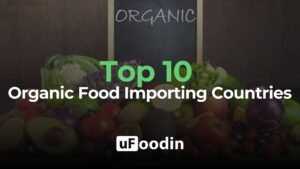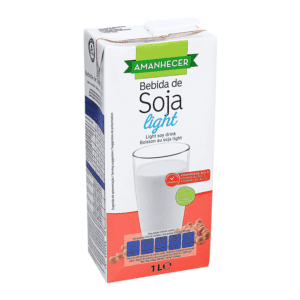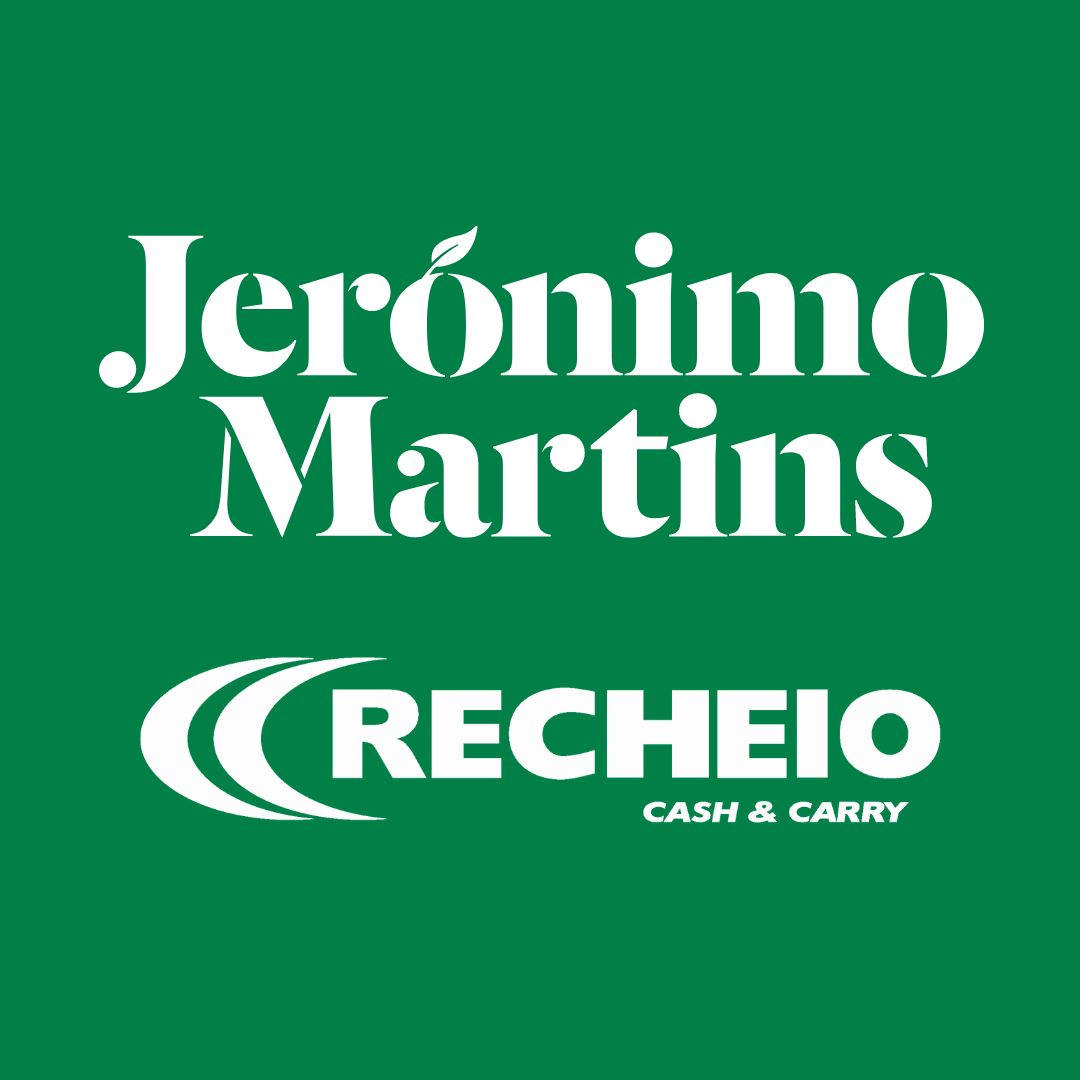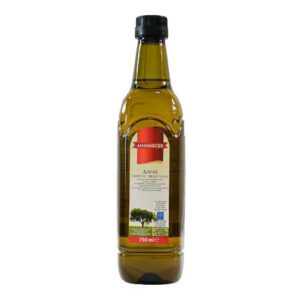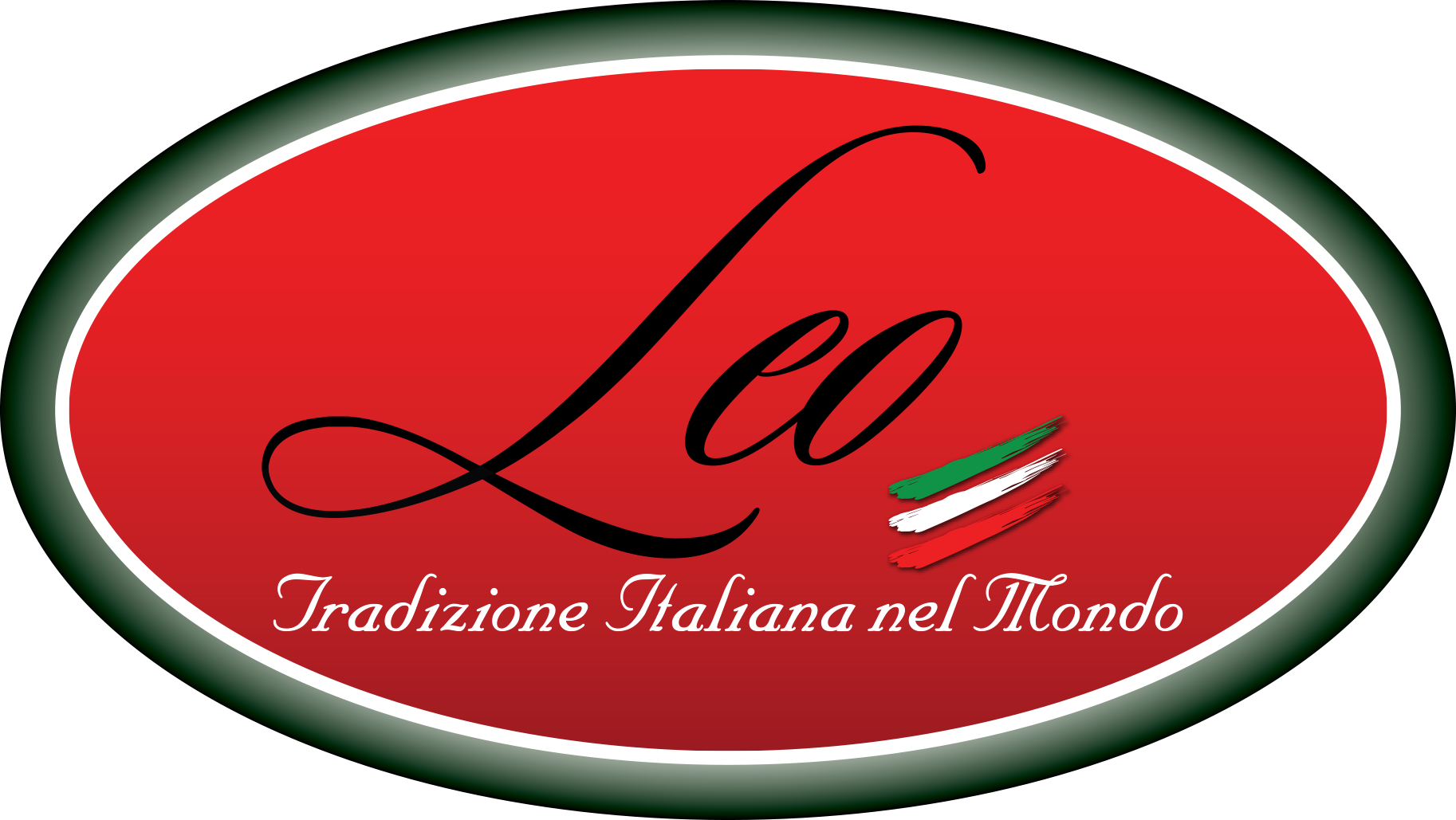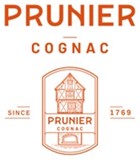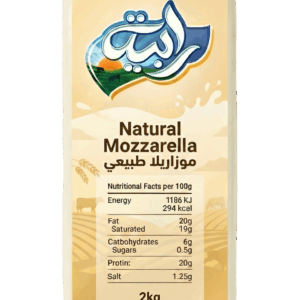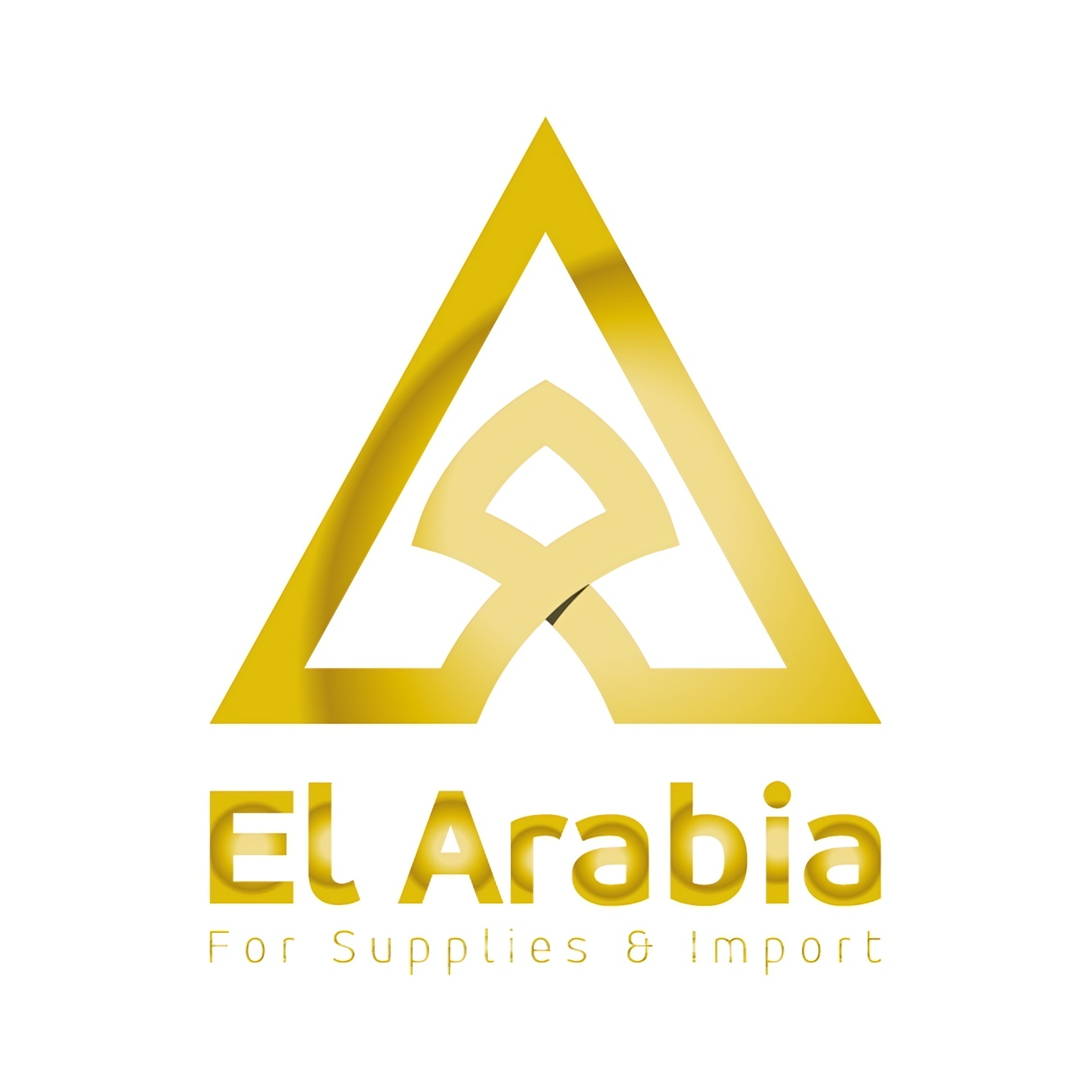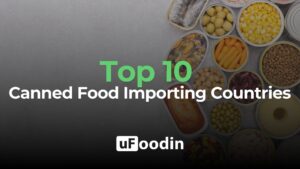
Top 10 Meat-Producing Companies
The global meat industry is a critical driver of the global economy, providing sustenance and employment for billions. In 2023, the industry was valued at over $1.3 trillion, with projections to surpass $1.8 trillion by 2030, growing at a compound annual growth rate (CAGR) of 4.5%. This growth is fueled by increasing global populations, urbanization, and rising incomes, particularly in emerging economies.
Global meat production reached approximately 350 million metric tons in 2022, with beef, pork, and poultry dominating the market. Poultry leads the way as the most consumed meat worldwide, accounting for nearly 40% of total production, followed by pork at 35% and beef at 22%. China, the United States, and Brazil are the largest producers and consumers, with China alone consuming nearly 90 million tons annually.
The industry employs millions worldwide, with over 1.3 billion people working in agriculture, animal farming, and meat processing. International trade also plays a significant role, with global meat exports valued at $160 billion in 2023. Key exporters like the United States, Brazil, and the European Union collectively dominate over 60% of global trade in meat products.
These numbers underscore the significance of the meat industry not just as a source of food but as a global economic powerhouse. The companies leading this sector drive innovations, influence global trends, and address challenges related to sustainability and consumer health.

1. JBS S.A.
- Headquarters: São Paulo, Brazil
- Annual Revenue: $72.9 billion (2022)
- Overview:
JBS S.A. is the largest meat producer in the world, operating over 500 facilities in 24 countries. The company processes beef, pork, chicken, and lamb, supplying products to more than 180 countries. JBS is renowned for its innovation in plant-based proteins through its “Seara” brand and its commitment to reducing greenhouse gas emissions across its supply chain.
2. Tyson Foods Inc.
- Headquarters: Springdale, Arkansas, USA
- Annual Revenue: $53.3 billion (2022)
- Overview:
Founded in 1935, Tyson Foods is a global leader in beef, pork, and chicken production. It also offers a wide array of prepared and ready-to-eat foods. Tyson is heavily invested in alternative proteins and food technology, evidenced by its Raised & Rooted plant-based line. The company has pledged to achieve net-zero greenhouse gas emissions by 2050.
3. Cargill Meat Solutions
- Headquarters: Wichita, Kansas, USA
- Annual Revenue: $20 billion (2022)
- Overview:
A subsidiary of agricultural giant Cargill, this division focuses on beef, turkey, and processed meat products. Cargill Meat Solutions operates processing plants worldwide and emphasizes sustainability by supporting regenerative agriculture and reducing its carbon footprint.
4. WH Group
- Headquarters: Hong Kong, China
- Annual Revenue: $28.1 billion (2022)
- Overview:
The WH Group, owner of Smithfield Foods, is the largest pork producer in the world. With a strong presence in the U.S., Europe, and Asia, WH Group dominates global pork production and exports. Its focus on waste reduction and renewable energy in processing plants sets it apart in the industry.
5. BRF S.A.
- Headquarters: São Paulo, Brazil
- Annual Revenue: $8 billion (2022)
- Overview:
BRF is a major player in poultry and pork production, operating brands such as Sadia and Perdigão. The company exports to more than 140 countries and invests heavily in traceability and animal welfare, ensuring high standards throughout its supply chain.
6. Hormel Foods Corporation
- Headquarters: Austin, Minnesota, USA
- Annual Revenue: $12.5 billion (2022)
- Overview:
Hormel Foods is known for its innovative meat products, including SPAM, Applegate Farms, and Jennie-O Turkey. Hormel emphasizes sustainability and has introduced various initiatives to reduce water use and greenhouse gas emissions.
7. Danish Crown
- Headquarters: Randers, Denmark
- Annual Revenue: $9 billion (2022)
- Overview:
Danish Crown is a leading European meat producer specializing in pork and beef. The cooperative model ensures farmers directly benefit from its success. Danish Crown is a pioneer in sustainable farming practices, aiming to achieve climate neutrality by 2050.
8. Marfrig Global Foods
- Headquarters: São Paulo, Brazil
- Annual Revenue: $15 billion (2022)
- Overview:
Marfrig is one of the largest beef producers globally, operating in both South and North America. The company is committed to sustainable cattle ranching, using blockchain technology to enhance traceability. Marfrig also invests in plant-based protein through its partnership with U.S.-based company ADM.
9. Pilgrim’s Pride
- Headquarters: Greeley, Colorado, USA
- Annual Revenue: $15.5 billion (2022)
- Overview:
A subsidiary of JBS, Pilgrim’s Pride specializes in chicken production, with operations across the Americas and Europe. The company is investing in automation and food safety innovations to ensure efficiency and quality.
10. Nippon Ham (NH Foods Ltd.)
- Headquarters: Osaka, Japan
- Annual Revenue: $11 billion (2022)
- Overview:
NH Foods is Japan’s largest meat producer, focusing on pork, beef, and processed products. With a strong emphasis on R&D, the company has developed innovative products like low-sodium meats and collagen-enriched foods to cater to health-conscious consumers.
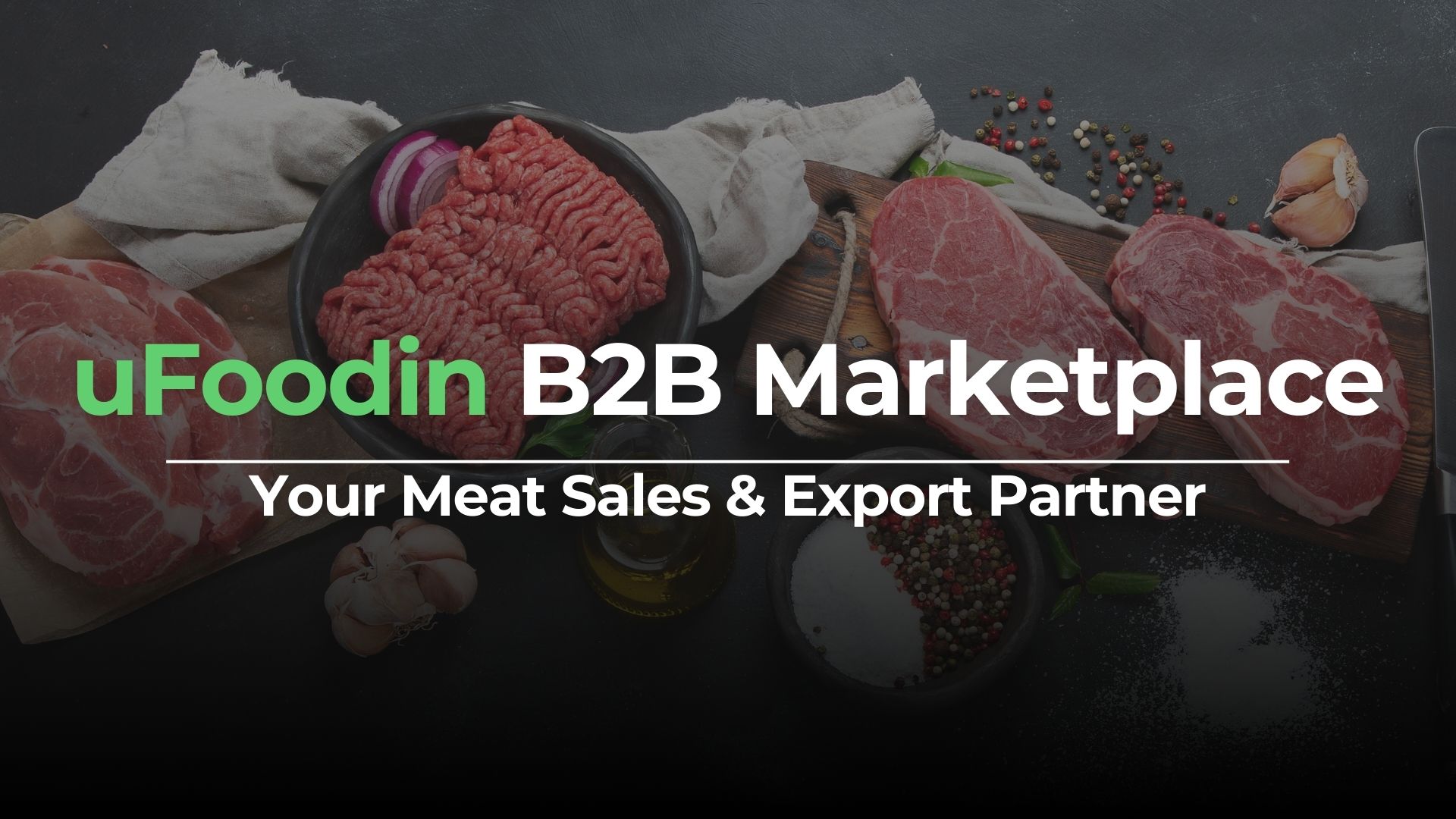
Trends Shaping the Meat Industry
The meat industry is at a crossroads, influenced by shifting consumer preferences, environmental concerns, and advancements in food technology. Below are the key trends shaping the future of the sector:
1. Plant-Based and Alternative Proteins
The rise of plant-based meat products is one of the most transformative trends in the industry. Valued at $7.9 billion in 2022, the global plant-based meat market is projected to grow at a CAGR of 19.3%, reaching $25 billion by 2030. Major meat producers like Tyson Foods and JBS have invested in plant-based lines, such as Raised & Rooted and OZO, to meet growing demand from health-conscious and environmentally aware consumers.
2. Sustainability and Animal Welfare
Sustainability is no longer optional. Meat producers are adopting regenerative agriculture practices, reducing greenhouse gas emissions, and ensuring ethical animal treatment. Companies like Danish Crown and Tyson Foods are working toward carbon neutrality by 2050.
3. Technological Innovations
Blockchain technology for traceability, AI for supply chain optimization, and automation in meat processing are revolutionizing the sector. These advancements ensure quality control, improve efficiency, and enhance transparency in the supply chain.
4. Health-Conscious Products
With growing awareness of health issues related to red meat consumption, consumers are seeking leaner, lower-fat options and functional foods. Companies are responding by diversifying their product lines to include low-sodium, low-fat, and fortified meat options.
5. Globalization of Consumption
Emerging markets like India, Southeast Asia, and Africa are experiencing rapid growth in meat consumption due to rising incomes and urbanization. These regions present significant opportunities for producers looking to expand their global footprint.
For Emerging Meat Producers
- Embrace Sustainability: Prioritize animal welfare and eco-friendly practices to attract ethically driven consumers.
- Invest in Technology: Adopt innovations such as blockchain for traceability and AI for supply chain optimization.
- Diversify Offerings: Include plant-based and health-focused options to cater to changing consumer preferences.
- Expand Globally: Target emerging markets where meat consumption is on the rise.
The Top 10 meat-producing companies are redefining the global meat industry through scale, innovation, and sustainability. From addressing food security to reducing environmental impacts, these corporations set benchmarks for others to follow. As consumer preferences continue to evolve, the ability to adapt while maintaining efficiency and ethical practices will define success in this dynamic sector.
uFoodin Editorial Team
Bibliography
- JBS Official Site
- Tyson Foods Annual Report
- WH Group Financial Report
- BRF S.A. Sustainability Report
- Hormel Foods Corporate Overview
- Cargill Meat Solutions Newsroom
- Danish Crown Official Site
- Marfrig Global Foods Sustainability Report
- Pilgrim’s Pride Investor Relations
- NH Foods Official Site

